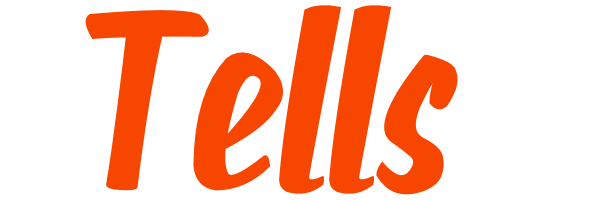
noun
- an artificial mound consisting of the accumulated remains of one or more ancient settlements (often used in Egypt and the Middle East as part of a place name).
noun
- William, German name Wilhelm Tell. a legendary Swiss patriot, who, traditionally, lived in the early 14th century and was compelled by an Austrian governor to shoot an apple from his son’s head with one shot of his crossbow. He did so without mishap
verb tells, telling or told
- (when tr, may take a clause as object) to let know or notifyhe told me that he would go
- (tr) to order or instruct (someone to do something)I told her to send the letter airmail
- (when intr, usually foll by of) to give an account or narration (of something)she told me her troubles
- (tr) to communicate by words; utterto tell the truth
- (tr) to make known; discloseto tell fortunes
- (intr often foll by of) to serve as an indicationher blush told of her embarrassment
- (tr; used with can, etc; may take a clause as object) to comprehend, discover, or discernI can tell what is wrong
- (tr; used with can, etc) to distinguish or discriminatehe couldn’t tell chalk from cheese
- (intr) to have or produce an impact, effect, or strainevery step told on his bruised feet
- (intr sometimes foll by on) informal to reveal secrets or gossip (about)don’t tell!; she told on him
- (tr) to assureI tell you, I’ve had enough!
- (tr) to count (votes)
- (intr) dialect to talk or chatter
- informal, mainly US to tell the truth no matter how unpleasant it is
- tell the time to read the time from a clock
- you’re telling me slang I know that very well
noun
- a large mound resulting from the accumulation of rubbish on a long-settled site, esp one with mudbrick buildings, particularly in the Middle East
n.“mound, hill,” 1864, from Arabic tall, related to Hebrew tel “mount, hill, heap.” v.Old English tellan “to reckon, calculate, consider, account,” from Proto-Germanic *taljanan “to mention in order” (cf. Old Saxon tellian, Old Norse telja, Old Frisian tella “to count, tell,” Dutch tellen “to count, reckon,” Old Saxon talon “to count, reckon,” Danish tale “to speak,” Old High German zalon, German zählen “to count, reckon”), from root *talo (see tale). Meaning “to narrate, relate” is from c.1000; that of “to make known by speech or writing, announce” is from early 12c. Sense of “to reveal or disclose” is from c.1400; that of “to act as an informer, to ‘peach’ ” is recorded from 1901. Meaning “to order (someone to do something)” is from 1590s. Original sense in teller and phrase to tell time. For sense evolution, cf. French conter “to count,” raconter “to recount;” Italian contare, Spanish contar “to count, recount, narrate;” German zählen “to count,” erzählen “to recount, narrate.” I tolde hyme so, & euer he seyde nay. [Thomas Hoccleve, “The Regiment of Princes,” c.1412] Telling “having effect or force” is from 1852. In addition to the idioms beginning with tell
also see:
Also see undertold.
 Liberal Dictionary English Dictionary
Liberal Dictionary English Dictionary